"What is the city but the people?"
—William Shakespeare
* * *
P R I N C I P L E S
Our best dialogues are—
INTIMATE
Small is good. Many of our most meaningful dialogues happen in smaller spaces & groups.
INTELLIGENT
Smart but not pretentious. We value curiosity, candor & critical inquiry.
INCLUSIVE
We value open doors, open hearts & open minds.
We welcome diverse perspectives & underrepresented voices.
V A L U E S
Some of the values that guide our work—
Quality over quantity
We care less about how many people are in the room than how many people are engaged & excited to be there.
DIVERSITY is NOT OPTIONAL
We take seriously that our presenters & guests reflect the demographics of whatever place we're in.
ASK DARING QUESTIONS
We like daring questions, courageous thinkers, alternative approaches, and brave ideas that challenge the status quo.
SLOW DOWN
We welcome spacious, flowing conversations on the way to solutions & outcomes.
We're suspicious of quick fixes, easy answers & silver bullets.
CuriositY COUNTS
We love people who are open to listening, learning, expanding their consciousness and possibly even changing their minds.
REMOVE BARRIERS
We think urban theory & practice can often be too academic, jargony & intimidating.
We want to make city-building more democratic and accessible.
HEAD & HEART
Sometimes civic professionals are too much in their heads.
Social emotional intelligence matters, too.
Hospitality matters
We aspire to be welcoming, friendly & helpful for longtimers, newcomers & visitors alike.
WE CAN HANDLE Honesty
We believe in being real about a city's needs & challenges.
We don't believe honesty kills passion or pride of place.
Our guests want to be challenged and don't want to sweep blemishes under the rug.
We can handle difficult truths. We can do hard things.
Environment MAKES A DIFFERENCE
We prefer warm, comfortable places to unplug, slow down & sit awhile.
Historic spaces help connect us to the past as we imagine & shape the future.
relationships ARE EVERYTHING
Events may be ephemeral, but connections can last a lifetime.
Communities with stronger social cohesion are more resilient.
O U R P L A C E
Where we sit in the civic engagement & development space—
We see ourselves as a bridge between economic development & social justice.
We aspire to be a place to build understanding between people of different lived experiences.
We seek to find common ground around shared values.
Our core audience is passionate about creating more just, equitable & sustainable communities.
We are not anti-development, but pro-ethical & equitable development.
We are suspicious of false binaries.
"The point of cities is multiplicity.” -Jane Jacobs
We believe in building stronger local economies and elevating local talent.
We believe in investing in small-scale, community-driven projects.
We believe a city's most valuable asset is its people.
We want more people to feel powerful as shapers of their city's future.
L E A R N I N G S
To build more equitable communities, we are learning:
We must center the voices of Black, Indigenous & people of color in conversations about the future of their communities.
We must strive to be in right relationship with one another.
Change happens at the speed of trust.
Recurrent conversation is essential. Transformation happens over time.
We must interrogate our biases about what community "expertise" looks like.
People are experts in their lived experience.
People don't need to be "empowered." People are intrinsically powerful.
Trust people. They know what they need.
What's often missing is not the talent or ideas, but the resource to execute.
People who are closest to the challenge are closest to the solution.
There is an intrinsic communal nature of racialized people.
Narrative is everything! Words matter.
Assume people want to be engaged in the decisions that affect their lives. If they are not, what’s wrong?
Always ask: Who is not here in this space or conversation? Why?
Who is this space built for? Who is it built by?
Know and name the reasons people are missing from decision-making processes.
Acknowledge history of harm, trauma, exclusion, segregation & other causes of disconnection, distrust, disengagement.
What needs repair?
Q U O T E S
“Cities have the capability of providing something for everybody, only because, and only when, they are created by everybody.”
“One of the most fundamental lessons we’ve learned from communities is this: It is important to presume that people WANT to be engaged. That is part of what it means to be human. We care about the things that affect our lives.”
“Society is a conversation scored for many voices. But it is precisely in and through that conversation that we become conjoint authors of our collective future."
"Let us all be from somewhere. Let us tell each other everything we can."
For more quotes & research on why conversations matter, read more here—
